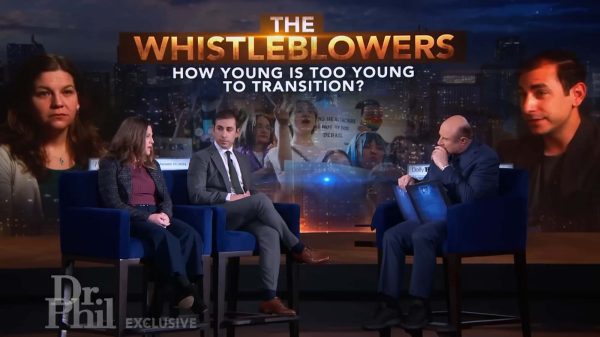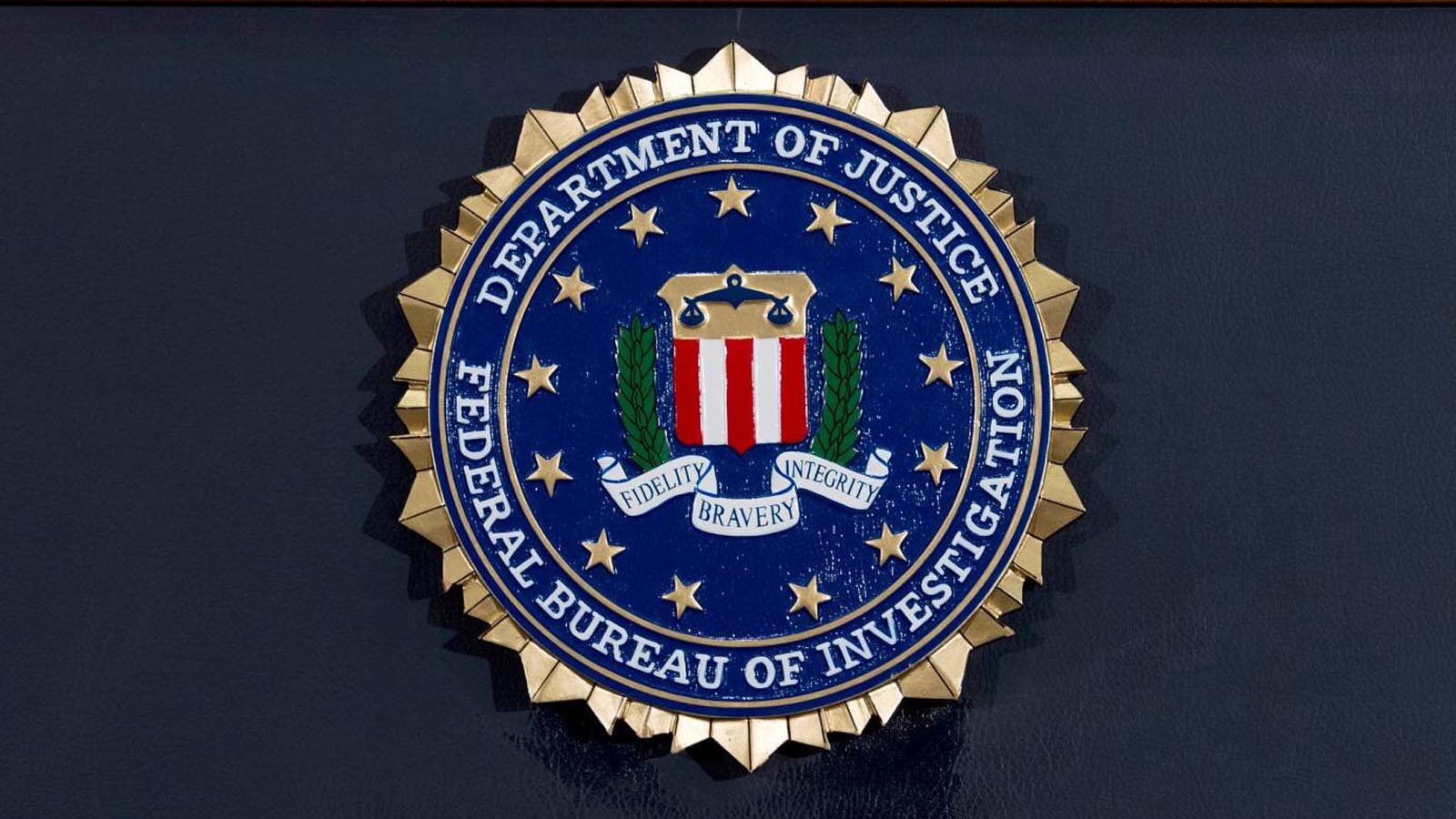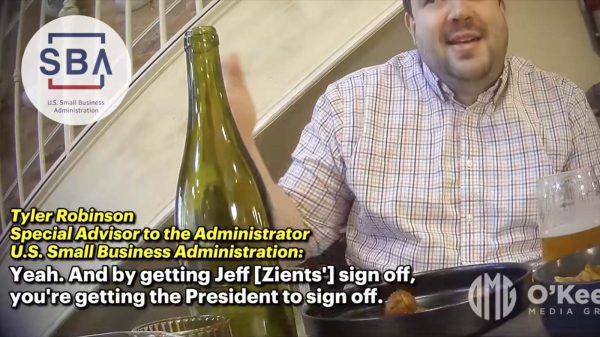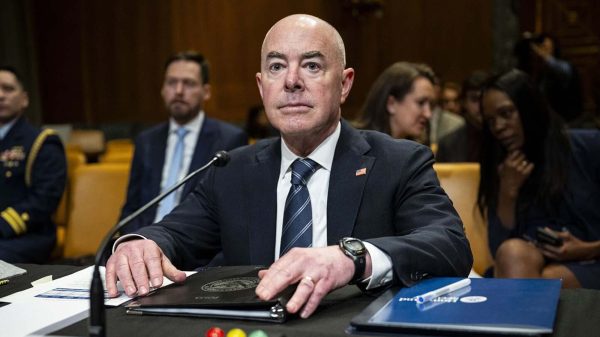It looks like the FBI is in for yet another scandal.
According to a new report from the LA Times, FBI agents busted into thousands of safety deposit boxes in California. After they rummaged through the private property of innocent people, it turns out they lied to a federal judge to get access to the boxes in the first place.
“The privacy invasion was vast when FBI agents drilled and pried their way into 1,400 safe-deposit boxes at the U.S. Private Vaults store in Beverly Hills. They rummaged through personal belongings of a jazz saxophone player, an interior designer, a retired doctor, a flooring contractor, two Century City lawyers and hundreds of others,” the LA Times reports. “Agents took photos and videos of pay stubs, password lists, credit cards, a prenuptial agreement, immigration and vaccination records, bank statements, heirlooms and a will, court records show. In one box, agents found cremated human remains.”
“Eighteen months later, newly unsealed court documents show that the FBI and U.S. attorney’s office in Los Angeles got their warrant for that raid by misleading the judge who approved it,” the report continues. “They omitted from their warrant request a central part of the FBI’s plan: Permanent confiscation of everything inside every box containing at least $5,000 in cash or goods, a senior FBI agent recently testified.”
FBI agents drilled and pried their way into 1,400 safe-deposit boxes.
18 months later, newly unsealed court documents show that the FBI and U.S. attorney’s office in Los Angeles got their warrant for that raid by misleading the judge who approved it.https://t.co/zygb4JQG3u
— Los Angeles Times (@latimes) September 23, 2022
Those who watch the FBI closely, particular the Bureau’s political misconduct and persecution of conservatives, aren’t surprised.
Well, the last time I recall an FBI agent lying to get a warrant he wasn’t even disbarred. So why wouldn’t they keep doing it? https://t.co/RAljAuvfYn
— Mark Hemingway (@Heminator) September 25, 2022
Afterall, it’s the same FBI that lied to the FISA court in order to illegally surveil Trump campaign advisor Carter Page during the 2016 presidential election. Not to mention their most recent raid on Mar-a-Lago.
















This has been going on for decades. The FBI confiscates what’s in the boxes and then drags out the legal proceedings so long that the plaintiffs end up paying more in legal fees than what they lost. Meanwhile the iIl begotten gained piles of cash disappear into crooked FBI agents pockets.
Civil asset forfeiture laws let authorities, such as federal marshals or local sheriffs, seize property – cash, a house, a car, a cellphone – that they suspect is involved in criminal activity. Seizures run the gamut from 12 cans of peas to multi-million-dollar yachts.
The federal government confiscated assets worth a total of about US $28 billion during the decade ending in 2016, Justice Department data indicate. In contrast to criminal forfeiture, which requires that the property owner be convicted of a crime beforehand, the civil variety doesn’t require that the suspect be charged with breaking the law.
Three Justice Department agencies – the Bureau of Alcohol, Tobacco, Firearms and Explosives (ATF), the Drug Enforcement Administration (DEA) and Federal Bureau of Investigation (FBI) – do most of this confiscating. Most states also permit local prosecutors to take personal property from people who haven’t been charged with a crime. However, some states have begun to limit that practice.
Even when there are restrictions on when and how local and state authorities can seize property, they can circumvent those limits if the federal government “adopts” the impounded assets.
For a federal agency to do so requires the alleged misconduct to violate federal law. Local agencies get up to 80% of the shared proceeds back, with the federal agency keeping the rest. The divvying-up is known officially as “equitable sharing.” Crime victims may also get a cut from the proceeds of civil forfeiture.
Technically, the government must demonstrate that the property has something to do with a crime. In reality, property owners in most states must prove that they legally acquired their confiscated belongings to get them returned. This means the burden is on the owners to dispute these seizures in court. Court challenges tend to arise only when something of great value, like a house, is at stake.
Unless an owner challenges a seizure and effectively proves his innocence in court, the agency that took the property is free to keep the proceeds once the assets are liquidated.
Many low-income people don’t use bank accounts or credit cards. They carry cash instead. If they lose their life savings at a traffic stop, they can’t afford to hire a lawyer to dispute the seizure, the Center for American Progress – a liberal think tank – has observed.
And disputing civil forfeitures is hard everywhere. Some states require a cash bond; others add a penalty payment should the owner lose. The process is expensive, time-consuming and lengthy, deterring even innocent owners.
There’s no comprehensive data regarding how many people get their stuff back. But over the 10 years ending in September 2016, about 8% of all property owners who had cash seized from them by the DEA had it returned, according to a report from the Justice Department’s inspector general.
In contrast to criminal forfeiture, which requires that the property owner be convicted of a crime beforehand, the civil variety doesn’t require that the suspect be charged with breaking the law.
Three Justice Department agencies – the Bureau of Alcohol, Tobacco, Firearms and Explosives (ATF), the Drug Enforcement Administration (DEA) and Federal Bureau of Investigation (FBI) – do most of this confiscating. Most states also permit local prosecutors to take personal property from people who haven’t been charged with a crime. However, some states have begun to limit that practice.
Even when there are restrictions on when and how local and state authorities can seize property, they can circumvent those limits if the federal government “adopts” the impounded assets.
For a federal agency to do so requires the alleged misconduct to violate federal law. Local agencies get up to 80% of the shared proceeds back, with the federal agency keeping the rest. The divvying-up is known officially as “equitable sharing.” Crime victims may also get a cut from the proceeds of civil forfeiture.
Under the leadership of Attorney General Eric Holder, the Obama-era Justice Department determined that civil asset forfeiture was more about making money than public safety. It then changed the guidelines for asset adoption.
Beginning in 2015, joint state-federal task forces could continue to share forfeiture proceeds but state agencies were no longer permitted to ask the federal government to forfeit property they had taken on their own.
The corrupt FBI are communists and should be eliminated.